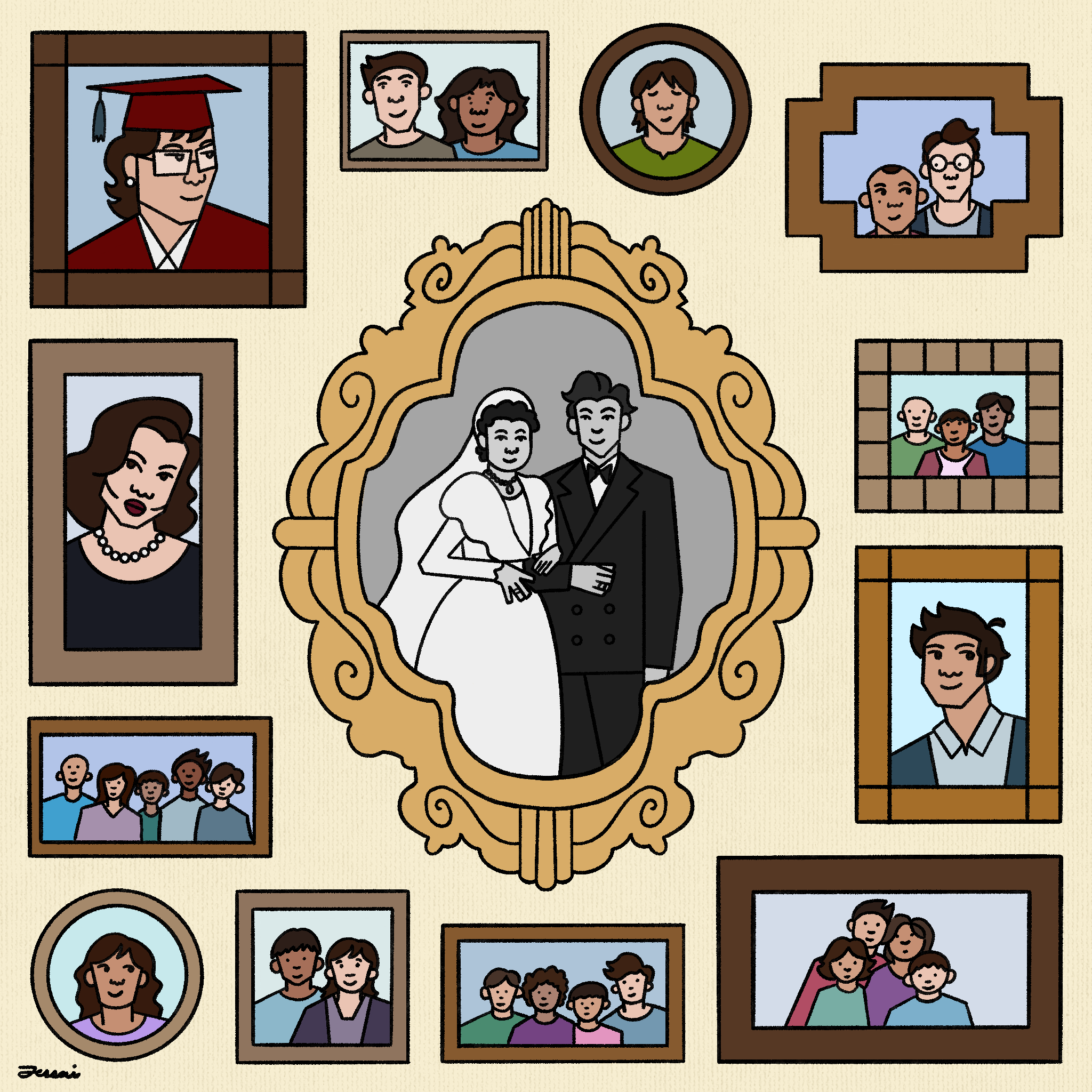“Healing the whole family” through AAPI child-parent theater
CHATogether seeks to address AAPI trauma by cultivating a space for Asian American families to learn, listen and reflect together.

Jessai Flores
In Asian American communities, mental health and racism are often taboo topics. By addressing the child-parent relationship, CHATogether hopes to heal and prevent trauma.
Assistant professor of psychiatry Eunice Yuen was awarded an AACAP grant to improve the health of Asian American and Pacific Islander (AAPI) children. She proposed an AAPI trauma healing program to address the impact of recent anti-Asian violence on Asian Americans’ psychological well-being. Building upon the work of Compassionate Home, Action Together, also known as CHATogether — a program co-founded by Yuen as an Asian American space for emotional wellness discussions — the trauma healing program will use drama vignettes to facilitate healthy child-parent communication. This program is in partnership with the AACAP Regional Organizations at Connecticut Council of Child and Adolescent Psychiatry and Maryland Council of Child and Adolescent Psychiatry.
“The utilization of mental health services is really low [for Asian Americans] compared to other ethnic minorities due to the stigma of reaching out for help,” Yuen said. “Mental health should be a casual conversation and through storytelling like in CHATogether’s work, it’s really narrative storytelling.”
The drama vignettes are designed to address the distinctive narratives that shape the Asian American experience. According to Yuen, immigrant parents — the first generation — tend to struggle with acculturative stress that comes from trying to adapt to a new culture. This first generation often wrestles with their identity while in the United States, having lived in two cultures. Yuen noted that she has seen this stress in international students as well.
The children of immigrant parents — the second generation — will also struggle with their own identity, commonly connecting more with the American culture that they grow up immersed in. An acculturative gap results from the difference between how the generations approach their cultural identity. In addition to a language barrier, the gap often encompasses a divide in how emotions are expressed, what values shaped the different generations, how the child and the parent view themselves and what it means to reach out for help.
“This new grant focuses on discussing intergenerational trauma,” CHATogether member Nealie Ngo ’18 said. “How do families think about their histories when they’ve immigrated, when they’ve had issues with acclimation and acculturative gaps? The new grant is helping us look at how we open these conversations.”
Ngo has never heard her family’s stories because of difficulty convincing parents to open up about the past, she said. Her parents questioned the value of relaying their trauma, believing that their stories did not matter. Yet to Ngo, learning about her parents’ history is crucial to understanding the origins of their beliefs and behaviors. She explained that intergenerational trauma is a cycle; children learn how to react and adapt to stress by observing their parents. If raised in an environment that stigmatizes mental health and allows trauma to go unresolved, the next generation’s baseline of stress may end up higher than average.
CHATogether seeks to open up conversations about trauma in Asian American families by providing representations of families openly discussing these traditionally taboo topics. The interactive theater skits are designed to realistically depict family conversations about sensitive topics, with content ranging from “Being Queer” and “Feeling Like a Failure: FGLI” to discussing Black Lives Matter. CHATogether also encourages addressing microaggressions, racism and the resulting trauma within the AAPI community.
“It’s all about saving face in certain cultures,” CHATogether member Peggy Wong NUR ’24 said. “And I think when we express certain things as a norm, they’re more willing to accept it. So, when we make videos and vignettes, we’re putting it out there to show parents that this is pretty much the norm — that parents do talk about drugs and alcohol, and it’s okay for AAPI communities to talk about sex and to talk about LGBT health.”
According to Wong, these are topics which she personally still feels uncomfortable talking about with her parents. She hopes that the younger generation of Asian parents can use these resources to break the cycle of stigma and intergenerational trauma. Surprised by the lack of AAPI representation at the Yale School of Nursing, Wong discovered CHATogether in her search for a larger AAPI community.
Through this grant, CHATogether will expand within the state of Connecticut to continue promoting healthy child-parent communication at the state level. They intend to hold webinars across different audiences — teens, parents and college students — to collect data on the outcomes of their advocacy and thereby guide future work. Yuen emphasized the continuing importance of volunteers in this expansion, with members ranging from high schoolers to attending physicians.
“The more that we can band together as families and a community, the better it will help all of our mental well-being,” Ngo said.
Educational material and recorded skits are available on the CHATogether website for public use.







